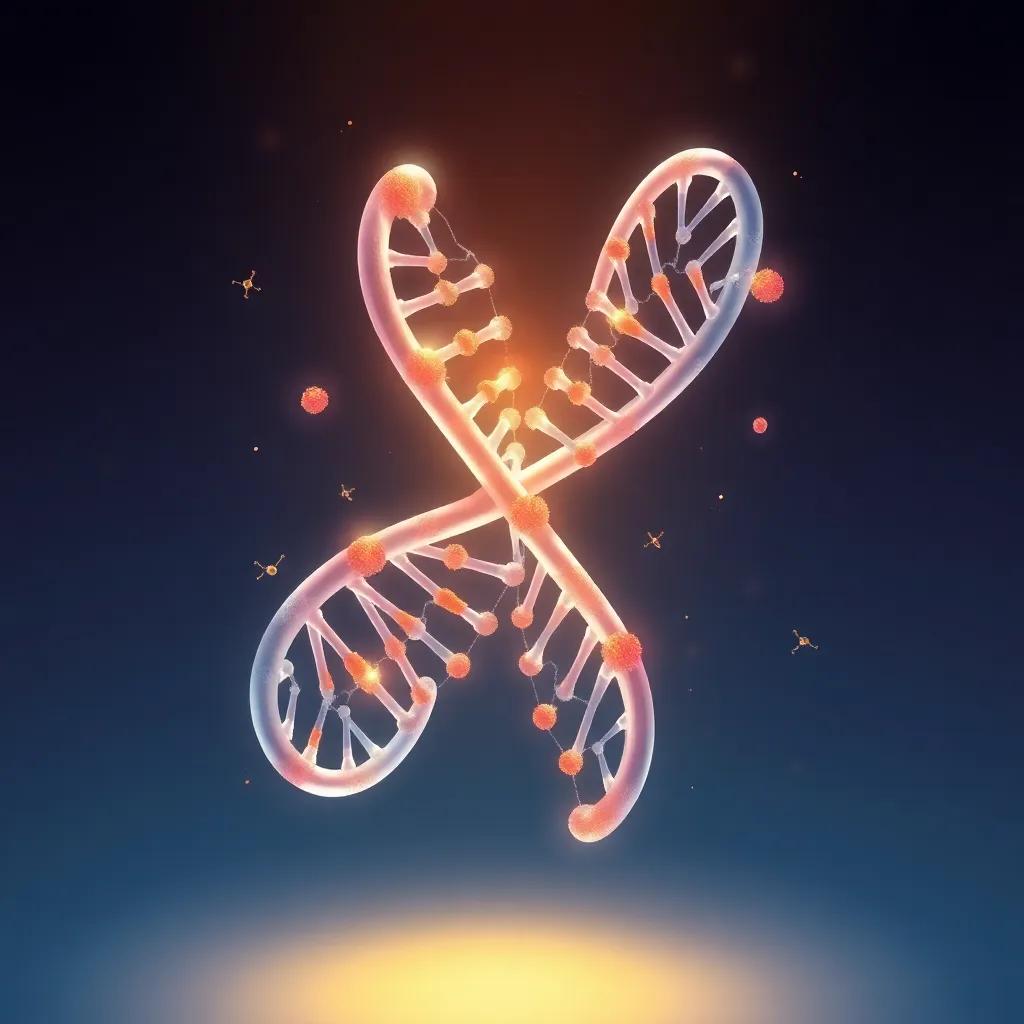Exploring the role of omega-3, vitamin D, and soy isoflavones in managing aromatase inhibitor side effects, with insights from recent studies and expert opinions.
Recent studies shed light on how dietary supplements can mitigate side effects of aromatase inhibitors in breast cancer patients.
The challenge of aromatase inhibitor side effects
Aromatase inhibitors (AIs) have become a cornerstone in the treatment of hormone receptor-positive breast cancer in postmenopausal women. However, their use often comes with significant side effects that impact patients’ quality of life. Up to 50% of patients discontinue AI therapy due to intolerable side effects, particularly arthralgia,
notes Dr. Jennifer Ligibel from Dana-Farber Cancer Institute in a 2023 ASCO presentation.
Omega-3 fatty acids: promising results for joint pain
A 2023 JAMA Oncology study demonstrated that omega-3 supplementation reduced joint pain by 22% in AI-treated patients over 12 weeks. The randomized controlled trial involved 300 participants, with the treatment group receiving 4 grams of omega-3 daily. These findings are particularly significant because they offer a relatively simple intervention for a common and debilitating side effect,
commented lead author Dr. Rachel Freedman in the study’s press release.
Vitamin D: the importance of personalized dosing
New ASCO guidelines (2023) recommend vitamin D testing before supplementation due to variable patient responses. While some studies show benefit, others demonstrate no effect. We’re learning that blanket recommendations don’t work – we need to identify which patients are deficient and tailor supplementation accordingly,
explained Dr. Dawn Hershman in an interview with Medscape Oncology.
The soy controversy in hormone-sensitive cancers
A recent Nature study identified genetic markers linked to soy metabolism, aiding personalized nutrition for ER+ patients. This addresses long-standing concerns about soy isoflavones potentially stimulating estrogen receptor-positive tumors. Our findings suggest that for certain genetic profiles, soy may actually be protective rather than harmful,
stated senior author Dr. Fang Fang Zhang in the study’s accompanying editorial.
Future directions: AI-driven personalized nutrition
The field of nutrigenomics is rapidly advancing, with several startups now offering AI-powered diet plans for cancer patients. However, challenges remain in implementation. While the science is exciting, we need to address practical barriers like cost, accessibility, and patient adherence,
cautioned Dr. Stacy Kennedy from Brigham and Women’s Hospital during a recent oncology nutrition symposium.
Ethical considerations in personalized nutrition
As genetic testing becomes more common, questions arise about data privacy and the potential for nutritional recommendations to create additional stress for patients. We must balance the promise of precision nutrition with the reality of patient burden,
emphasized Dr. Crystal Denlinger from Fox Chase Cancer Center in a 2023 JCO Oncology Practice article.
Practical recommendations for clinicians
Based on current evidence, experts suggest:
- Consider omega-3 supplementation for patients with AI-induced arthralgia
- Test vitamin D levels before recommending supplementation
- Discuss soy consumption in the context of individual genetic risk factors
- Stay informed about emerging nutrigenomic approaches
As research continues to evolve, the integration of dietary strategies with conventional cancer treatment promises to improve both outcomes and quality of life for breast cancer patients.




